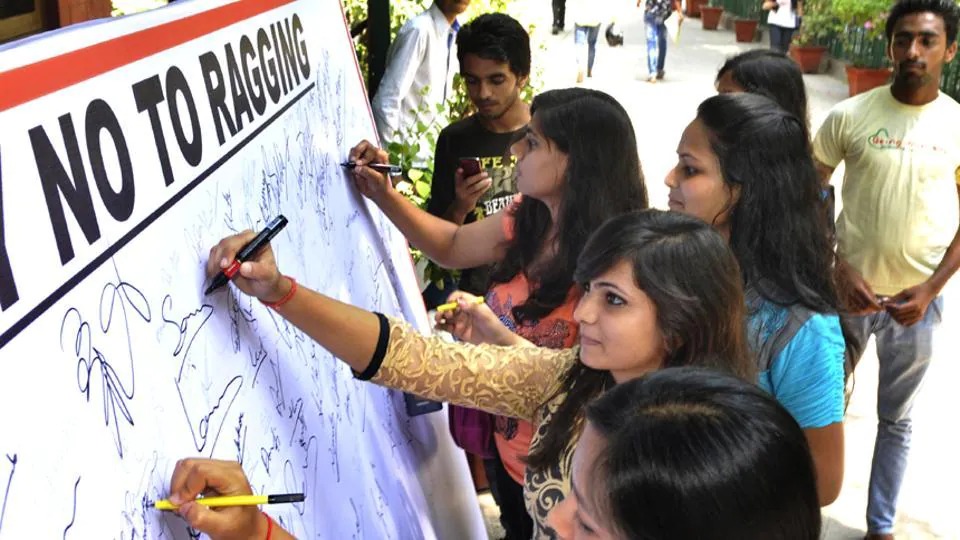Welcome decision by Assam Government
Vinod Chandrashekhar Dixit
I pen down this article apropos the welcome decision by the Assam Government to launch a drive to find out all former students staying illegally in college and university hostels and ask them to leave in order to prevent ragging. The vicious practice of ragging has not only become rampant in our educational institutions but also acquired hideous proportions costing the sanity of the institutions and life of some of the students. Even today, students from the rural areas have a lingering fear when they go to cities for higher studies. To dispel such fears, colleges should prominently display a banner saying their campus is free from ragging. Those who indulge in ragging look for temporary pleasure but end up destroying many lives. Students alone can put an end to it. Anti-ragging steps should be strictly enforced. Parents and teachers are equally responsible for eliminating the virus. Service organizations and NGOs should too launch awareness campaigns against the menace in educational institutions. The cantankerous behaviour of some students in colleges is often the offshoot of indiscipline in the schools in which they studied, and uncaring families. Instead of attempting to classify the acts of ragging as “soft” and “hard,” we should employ the guidelines of the committee in letter and spirit. If faculty members communicate more informally with them, a healthy academic environment can be created.
Ragging and abetting the crime on the college campus will remove the lurking fear in the minds of freshmen, especially those who opt to stay in hostels. The authorities should not stop with just making rules but take effective steps to implement the same and highlight the ill-effects of ragging through the visual media. The move will implant fear and discipline in the minds of senior students who indulge in ragging. Even today, students from the rural areas have a lingering fear when they go to cities for higher studies. To dispel such fears, colleges should prominently display a banner saying their campus is free from ragging. Those who indulge in ragging look for temporary pleasure but end up destroying many lives. Students alone can put an end to it. Anti-ragging steps should be strictly enforced. Parents and teachers are equally responsible for eliminating the virus. Service organizations and NGOs should too launch awareness campaigns against the menace in educational institutions.
There was not much awareness in those days and ragging in the past was one way of familiarizing freshers with senior students. But now, the increased incidents of ragging have exposed the errors in our education system which may be successful in churning out academically brilliant students, but has failed to inculcate proper values in them.
The cantankerous behaviour of some students in colleges is often the offshoot of indiscipline in the schools in which they studied, and uncaring families. Instead of attempting to classify the acts of ragging as “soft” and “hard,” we should employ the guidelines of the committee in letter and spirit. If faculty members communicate more informally with them, a healthy academic environment can be created.
It is also noticed that those who indulge in ragging do not plan in advance. On most of the occasions, things go out of control. The guilty should not only be expelled but also barred from admission to any other college.
Looking to the increase in ragging incidents, active involvement of media and the civil society is essential in tackling the problem of ragging. The mindset of the student has changed and now we need to focus in on enforcing stringent measures like rustication of a student, withholding of scholarship, debarring a student from appearing in any test. If possible students who involve in ragging must be put in jail instead of just being suspended or expelled. An example needs to be set.
